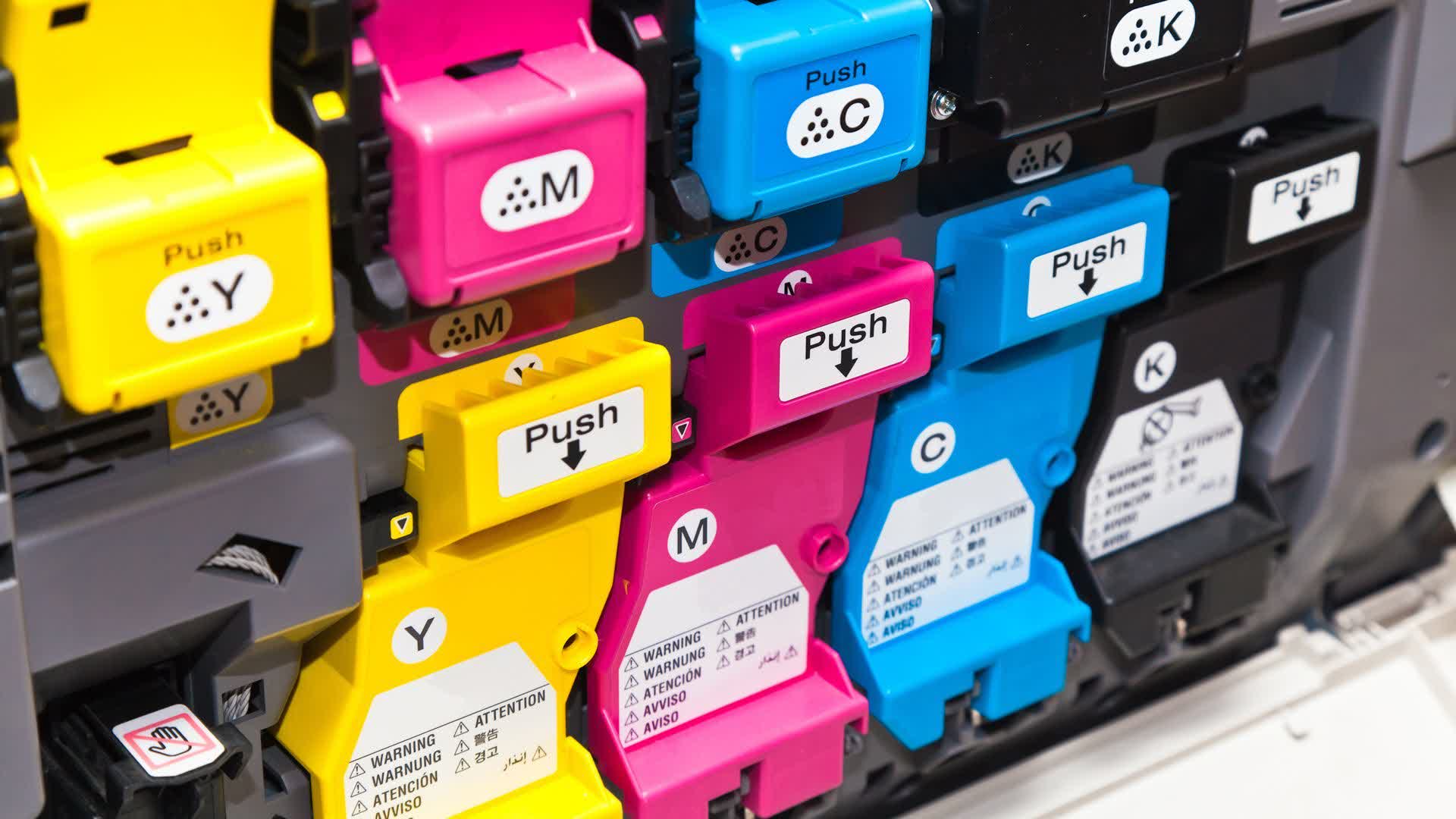A hot potato: HP has recurrently faced controversy for forcing users into purchasing notoriously expensive printer ink. This most recent dispute centers on claims that the company is shutting down multifunction printers when the ink is low, even if users aren't trying to print anything.
A federal judge has ruled that HP will have to face a class-action lawsuit accusing them of intentionally disabling scanning and faxing features on its all-in-one printers when the ink runs low. If substantiated, this would be just another tactic the company has used to push costly ink cartridges onto its customers.
Companies like HP and Canon market inkjet printers using the razor-and-blade model. They offer the printers at relatively low prices while making significant profits from the sales of expensive ink cartridges. Consumer Reports suggests that these cartridges can cost users as much as $70 annually. Those attempting to economize by purchasing more affordable third-party cartridges or by refilling their used ones often encounter various restrictive measures, and these practices have landed HP in trouble with regulators worldwide.

Past settlements have compelled HP to provide compensation to customers in Australia, Portugal, Italy, Belgium, and Spain. This followed regulatory rulings against the company's Digital Rights Management (DRM) system, which bars users from installing third-party or refilled cartridges. Despite this, HP continues to market printers with this DRM, even after having briefly removed it in the past.
Furthermore, the International Imaging Technology Council (IITC) later accused HP of coercing customers into ink cartridge subscription payments under the guise of an eco-friendly label. The subscription automatically triggers recurring payments once the trial period ends, HP issues firmware updates to enforce the DRM without customers' knowledge, and it disables the cartridges when disconnected from the internet. The IITC is campaigning for the removal of the eco-friendly certification from HP's printers because such a certification explicitly demands support for third-party and refurbished cartridges.
The current lawsuit asserts that HP's multifunction printers, some of which come with scanning and faxing functionality, become inoperative without ink. This happens even if users solely need to scan or fax a document. Moreover, the lawsuit claims that HP does not disclose this information to consumers. HP has yet to address these allegations and was unsuccessful in persuading a judge to discard the lawsuit.
Lastly, the pricing of HP's all-in-one printers and scanners might raise eyebrows, hinting at another strategy to escalate ink sales. While HP's standalone scanners cost hundreds to thousands of dollars, several of its all-in-one models are available for less than $100.
